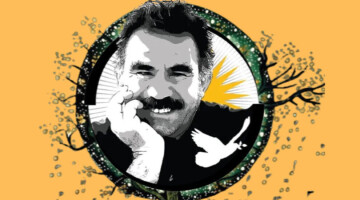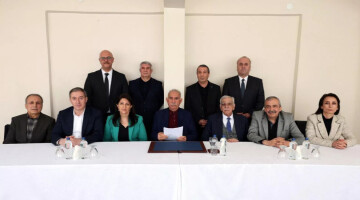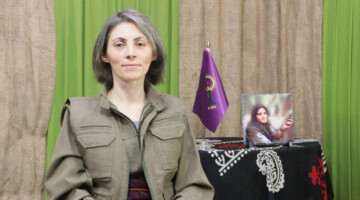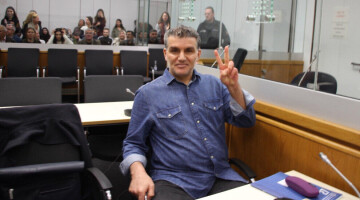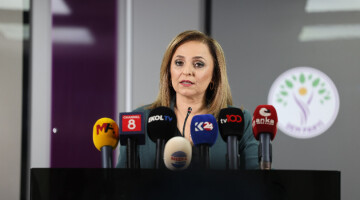With 100% of the votes, Petro and Márquez accounted for a total of 11,281,013 votes in their favour, or 50.44%, while the candidacy supported by the right and the traditional sectors of the country, made up of Rodolfo Hérnandez and Marelen Castillo, obtained 10,580,412 votes, or 47.31%.
The victory of Gustavo Petro and Francia Márquez represents a historic event for Colombia, since it is the first time, in 204 years of independence, that a progressive coalition wins the presidential elections. To this we must add that the new vice-president will be the first Afro-descendant woman to occupy such a high position.
The triumph of Petro-Francia has been supported by a government program, called the Historical Pact, forged over time by various groups on the left and numerous civil and popular organizations. The biographies of the newly elected speak for itself about the character and importance of these election. Gustavo Petro, 62, was a clandestine member of the M-19 guerrilla group for 12 years, until this group demobilized in 1990 after a peace agreement with the government. Later he was a deputy and then a senator. Elected Mayor of Bogotá, the country's capital, was removed from office through judicial manoeuvres and got his reinstatement after an arduous legal battle.
For her part, Francia Márquez is a charismatic community leader who began her activism as a defender of the environment and the rights of her community, a committed feminist and a tireless fighter against all discrimination. She was threatened with death by paramilitary groups and from a young age became one of the 6 million internally displaced persons, as a result of the intense violence prevailing in the country.
In the first speech after his election, Gustavo Petro, although he was open to permanent dialogue with those he called his opponents, and described his opponent's campaign as "interesting", affirmed that this "is a real change, in which we commit existence, life itself. We are not going to betray that electorate that has shouted at history, that from today “Colombia changes”. He reiterated on several occasions his commitment to peace as the basis for a new Colombia and referred to the need for social justice.
During the electoral campaign, Petro underlined his commitment to comply with the Peace Agreement, signed by the government and the FARC guerrillas. An agreement which the current President, Iván Duque, has barely implemented in its socio-economic and security aspects. Petro also advanced his will to re-establish talks with the ELN guerrilla group. Another core aspect of his campaign was the proposal to make Colombia an example in terms of changing the energy matrix, betting on the defense of the environment and renewable energies, an important issue given that Colombia is a net producer of hydrocarbons and coal, while at the same time it has an important and rich geographical diversity abundant in raw materials, which are currently extracted through the so-called open pit mining, at a high ecological cost.
For the moment, the political right and the country's powerful oligarchy are cautious, formally acknowledging Gustavo Petro's victory and his democratic legitimacy. However, it is not difficult to anticipate that the new president and his vice-president, who will take office on 7 August, will find strong opposition to their profound program of changes and transformations, and not only in two legislative chambers, where the oligarchy and its representatives maintain a strong presence, but possibly also in the Army (counterinsurgent), trained in a National Security Doctrine, made in the US, (based on the left as internal enemy), the activity of paramilitary groups or the extended networks linked to drug trafficking. The task and purposes of the next President of Colombia will undoubtedly require strong political cohesion and the determined support of the social and political movements that have been the basis of his historic electoral victory.
The new President will also need to weave effective support at regional level, given that if Colombia was traditionally a safe and unconditional ally of the United States in the region, it will, with its new president, join the group of progressive governments (in different degrees and nuances) from Latin America that demand respect for their sovereignties and their own voice against the US, thus following Mexico, Argentina, Chile, Honduras, Bolivia or Peru.



